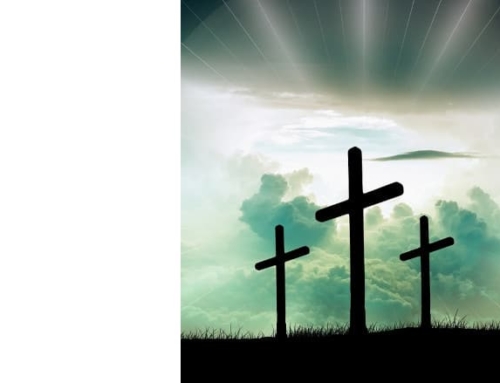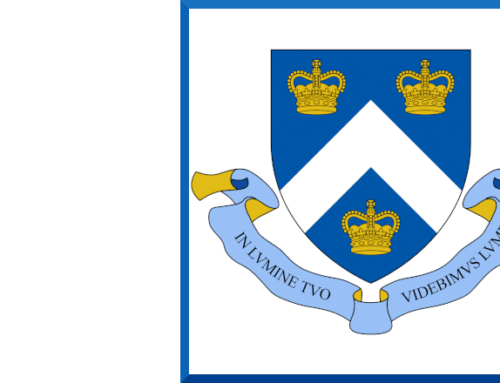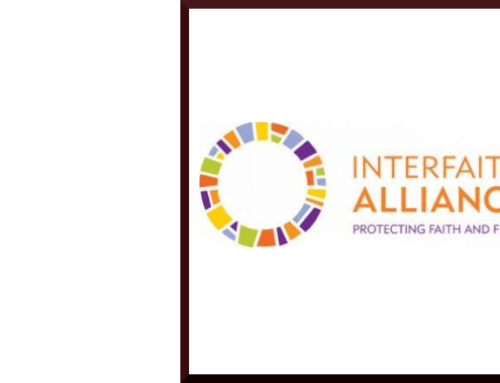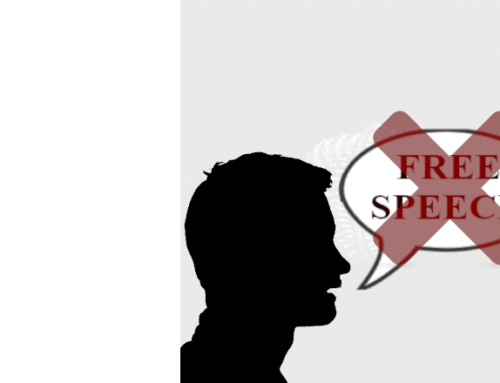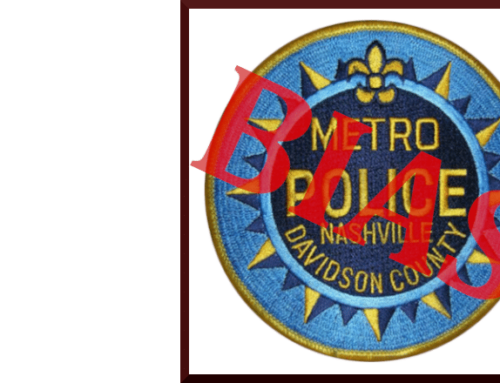Catholic League president Bill Donohue comments on critics of recent gains in religious liberty:
Three law professors, one from Cornell, Nelson Tebbe, and two from the University of Virginia, Micah Schwartzman and Richard Schragger, wrote an article in the June 8 edition of the New York Times decrying the “quiet demise of the already ailing separation of church and state.”
This is a false alarm. The proximate cause of their worry is the distribution of federal funds to religious bodies authorized by the Small Business Administration’s (SBA) Paycheck Protection Program (PPP).
The professors contend that the establishment clause of the First Amendment “has long been thought to prohibit direct government support for religion.” Their evidence? Madison’s opposition to public funds allotted for clergy salaries, Jefferson’s hostility to public monies for religion (as stated in 1785), and a 1947 Supreme Court decision barring funds for religious purposes.
In fact, we have a long history of direct government support for religion. For instance, we have had paid chaplains in the House and Senate since the beginning of the Republic.
Madison, who wrote the First Amendment, explicitly said that the establishment clause meant that the federal government could not establish a national church and could not show favoritism of one religion over another. Furthermore, his 1785 Memorial and Remonstrance was simply an argument against the government granting tax support for only one religion.
Jefferson’s perspective on religion was mixed, but he certainly had no problem, as president, giving the Kaskaskias Indians $300 worth of federal funds to build a Catholic church. The “separation of church and state” professors would be aghast at a dime for a Catholic school playground.
The 1947 Supreme Court decision, Everson v. Board of Education, was a controversial 5-4 ruling that applied the establishment clause to the states—this was unprecedented—holding that public funds could be spent on public transportation in New Jersey for private religious schools (almost all were Catholic), but not much more. Writing for the majority was Justice Hugo Black, a former member of the Ku Klux Klan who openly expressed his hatred for Catholicism. The erudite professors failed to mention this inconvenient fact.
Enter the Small Business Administration (SBA). It made it clear that religious institutions would not be discriminated against in the PPP. It expressly said that “faith-based organizations are eligible to receive SBA loans regardless of whether they provide secular social services.” It also said that “loans under the program can be used to pay the salaries of ministers and other staff engaged in the religious mission of institutions.”
The SBA’s PPP was included in the Coronavirus Aid, Relief, and Economic Security (CARES) Act. It was unanimously passed in the Senate and was approved via a voice vote, without opposition, in the House.
In other words, the Trump administration’s efforts (the SBA ruling), together with the legislation passed by the Congress (the CARES Act), put these two branches of government on the same page, almost unheard of these days. They clearly enhanced religious liberty, without leading to the “quiet demise” of the First Amendment’s religious liberty protections. False alarms do no one any good.



